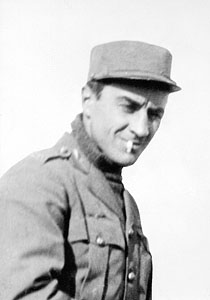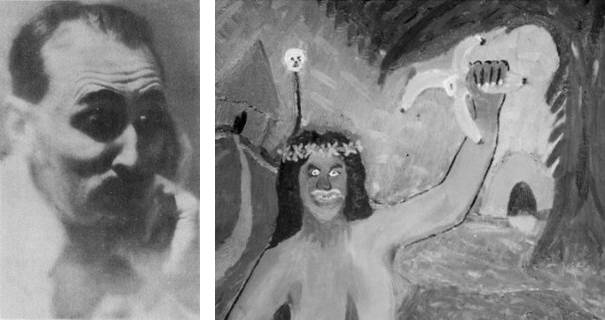A publishing sensation swept the United States in 1926: The Diary of a Young Lady of Fashion in the Year 1764-1765 offered scandalous insights into 18th-century society through the observations of one Cleone Knox, who met Louis XV at Versailles, was introduced to Voltaire in Switzerland, and led a pretty eventful private life:
March 3rd [1764]. This morning had a vastly unpleasant interview with my Father. Last night, Mr. Ancaster, who is the indiscreetest young man alive, was seized suddenly while riding home along the shore with the desire to say good night to me. He climbed the wall, the postern gate being locked at that late hour, and had the Boldness to attempt to climb the ivy below my window; while but half way up the Poor Impudent young man fell. (If he hadn’t Lord knows what would have happened for I am terribly catched by the Handsome Wretch.) As ill luck would have it Papa and Ned, who were conversing in the library, looked out at that moment and saw him lying prostrate on the ground!
America swooned, and the book went through nine editions in two months. One critic wrote, “No modern girl will ever write a diary like this. Cleone Knox breathes the very spirit of the witty, robust, patriotic, wicked, hard-drinking, hard-swearing 18th century.”
Alas, a modern girl had. Embarrassed by the publicity, 19-year-old Magdalen King-Hall came forward to say that she had invented the tale using books from the Brighton town reference library. “I wrote the book in a few weeks,” she said, “but, if I had realized so many distinguished people would have taken it seriously, I should have spent much more time and pains upon it.” She had not meant to deceive anyone — but perhaps her publisher had.




